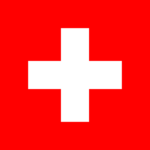What To Expect
Switzerland is famous for being the heart of the Alps. The scenery, views, and landscapes in this country simply go unmatched and millions of tourists flock to it every year to take it all in. It is also famous for being one of the most expensive countries to visit so any traveler to Switzerland has to keep that in mind.
If it’s within their budget however, they are rewarded with endless awe-inspiring mountains, charming local towns and villages, beautiful alpine lakes, world-famous chocolate, and some of the best activities no matter which season you visit.
Switzerland is split into 3 main parts: the French-speaking part in the west, the German-speaking part in the east, and the Italian-speaking part in the south. Some of the top cities and towns to visit include Zurich, Geneva, Basel, Bern, Lausanne, Lucerne, Interlaken, Lugano, Locarno, and Lauterbrunnen, to name but a few.
As for natural scenery, some of the most famous mountain attractions include Zermatt, Jungfraujoch, and the ski resort of St. Moritz. In the summers you can go hiking or do adventure sports and in the winters you can ski on some of the finest mountains in the world!

Switzerland is part of the Schengen Area which has a single visa policy for all the countries that are in it. Citizens of most developed countries can enter the Schengen Area visa-free for up to 90 days in a 180 day period. If you are not a citizen of a visa-exempt country, you must go to the nearest Swiss embassy and apply for a Schengen Visa to be granted entry.
There are no health risks in Switzerland requiring any specific travel vaccinations for normal travelers. Make sure you are up to date on your standard vaccinations and consult a health professional for further advice.
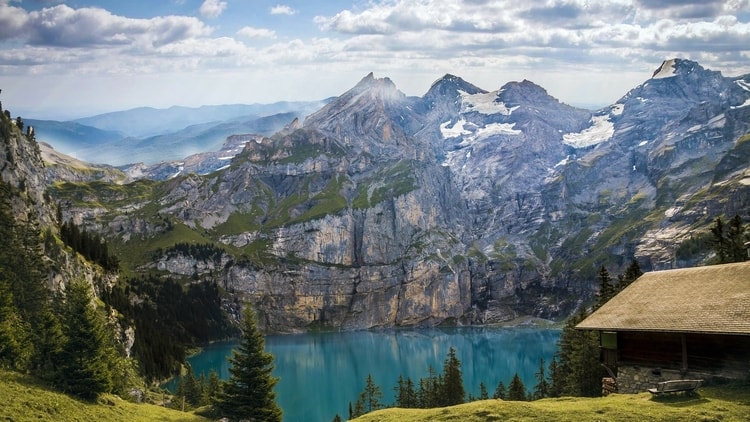
Key Information
Population: 8.5 Million
Capital City: Bern
Languages Spoken: German, French, Italian, & Romansh
Currency: Swiss Franc (CHF)
State Railway: SBB
Driving Side: Right
Largest Airports:
1. Zurich (ZRH)
2. Geneva (GVA)
3. Basel (BSL) – EuroAirport Basel Mulhouse Freiburg
4. Bern (BRN)
5. St. Gallen (ACH) – Altenrhein
Best Time To Visit
Since Switzerland is a high-altitude mountainous country, the winters can get quite cold. However, it warms up in spring and autumn and is quite warm and pleasant in the summer.
The best time to visit Switzerland is springtime (April – May) when you aren’t surrounded by a million other tourists and the weather is still quite pleasant. Your flights & accommodation will also be cheaper and you won’t have to wait in long line-ups when visiting some of the main attractions.
Because the weather is at its best in the summer, that’s when most people visit Switzerland. If you don’t mind the crowds, it is a great time to visit. The winter is also popular for the ski season. Just make sure to book your transportation and accommodation in advance if going during the high seasons!
High Seasons: July – August & December – March
Low Season: October – November
Top 5 Destinations

Zurich
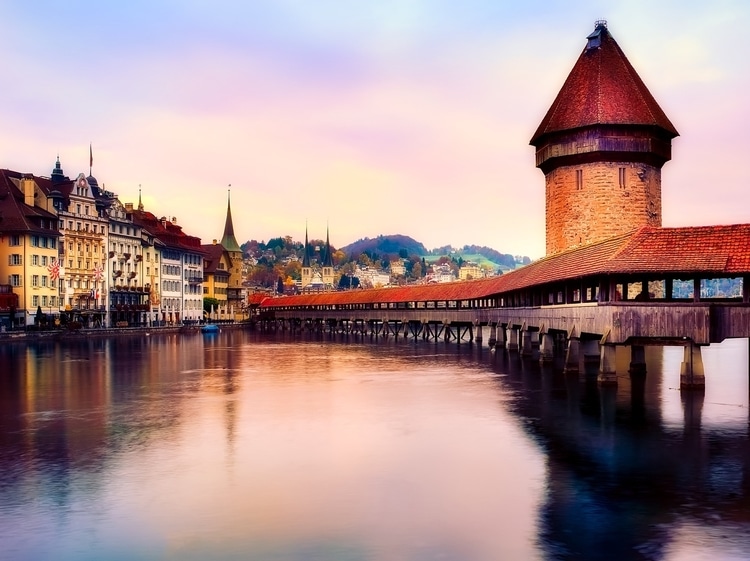
Lucerne

Zermatt

Bern

Interlaken
Currency Information
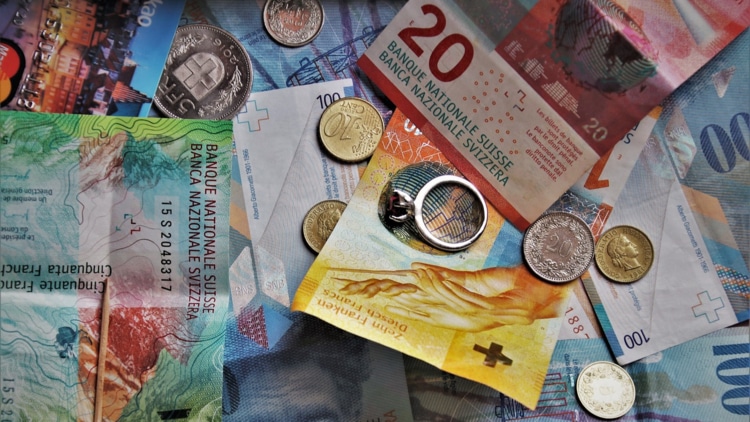
The currency used in Switzerland is the Swiss Franc (CHF). The notes come in denominations of CHF 10, CHF 20, CHF 50, CHF 100, CHF 200, & CHF 1000.
The Franc divides into 100 Rappen (Rp), (“Centimes” (c) in French & “Centesimi” (ct) in Italian). The coins come in denominations of 5 Rp, 10 Rp, 20 Rp, 50 Rp, CHF 1, CHF 2, & CHF 5.
Use the currency converter below to determine the latest exchange rate.
Tipping Guide
Tipping is not customary in Switzerland, but if you wish to tip for good service, here are some guidelines to follow:
Hotel Bellhops: CHF 1 per bag
Hotel Housekeepers: CHF 1 per day
Restaurant Servers: round up to the nearest whole number (some restaurants may already add a service charge to your bill so keep an eye out for that)
Cafés & Baristas: round up to the nearest whole number
Bartenders: round up to the nearest whole number
Taxi/Uber Driver: round up to the nearest whole number
Tour Guide: up to CHF 5 per day of the tour
Note: Tips should be left in cash and given directly to the person you want to receive them when you pay your bill as any tips left on card machines or bills go straight to the owners.
Power Outlet Information
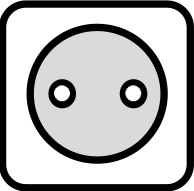
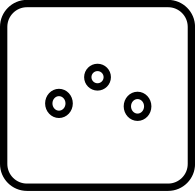
Just like most of Europe, Switzerland mainly uses the Type C power outlet. However, they are unique in that they also use the Type J outlet which isn’t as common. Type N is also very similar to Type J, but they are not compatible.
However, oval-shaped Type C plugs are compatible with Type J outlets meaning that luckily, a Type C adapter is all you need when traveling to Switzerland.
Get your compatible Type C adapter here.
The voltage used in Switzerland is 230V. Learn more about how this may affect your electronic devices in my Guide to the Top Travel Accessories.
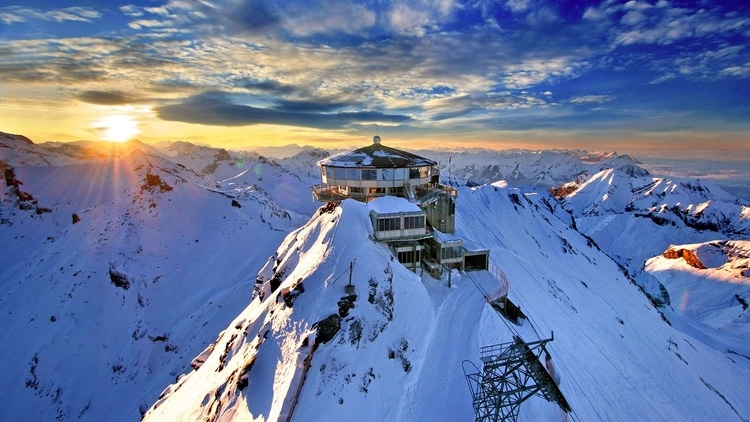
Cellphone Information
Switzerland has excellent overall 4G LTE coverage, but it can be spotty in rural areas. Make sure your phone is GSM-compatible with the primary 3G frequency and at least one of the primary 4G LTE bands used in the country to ensure you will always have a connection.
Learn more about this in my Guide to Travel-Ready Phones.
Information about local prepaid SIM cards in Switzerland
Calling Code: +41
Emergency Number: 117 (Police), 144 (Ambulance), 118 (Fire)
3G Frequencies Used: 2100 (primary) + 900
4G LTE Bands Used: 3, 7, & 20 (primary) + 1

